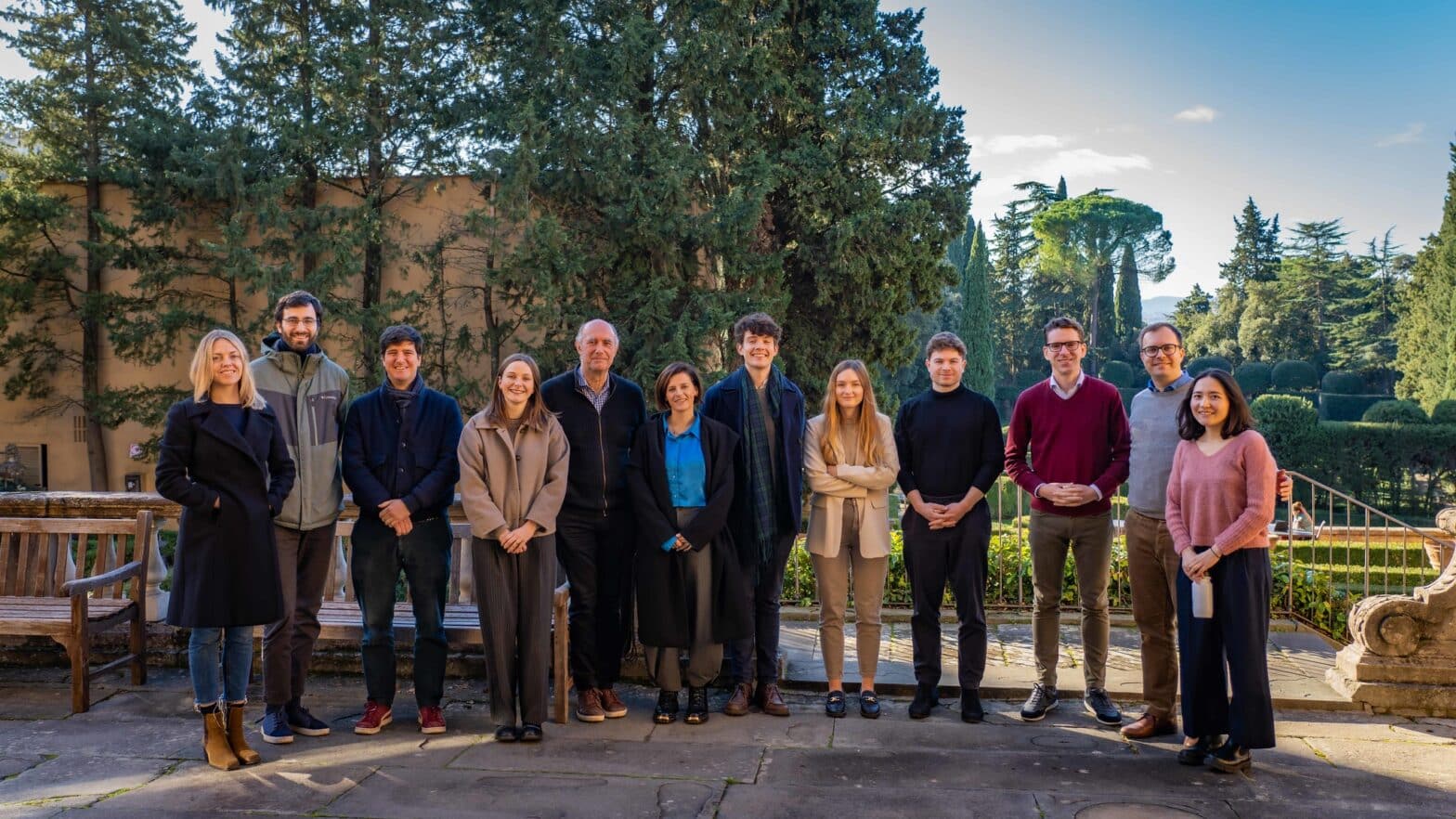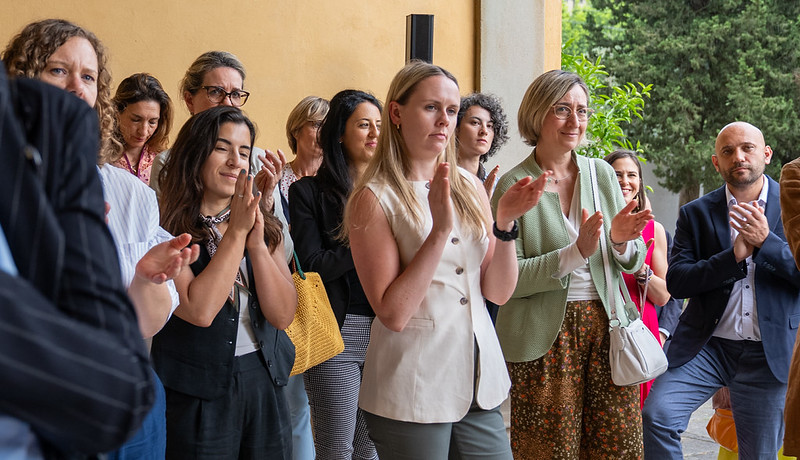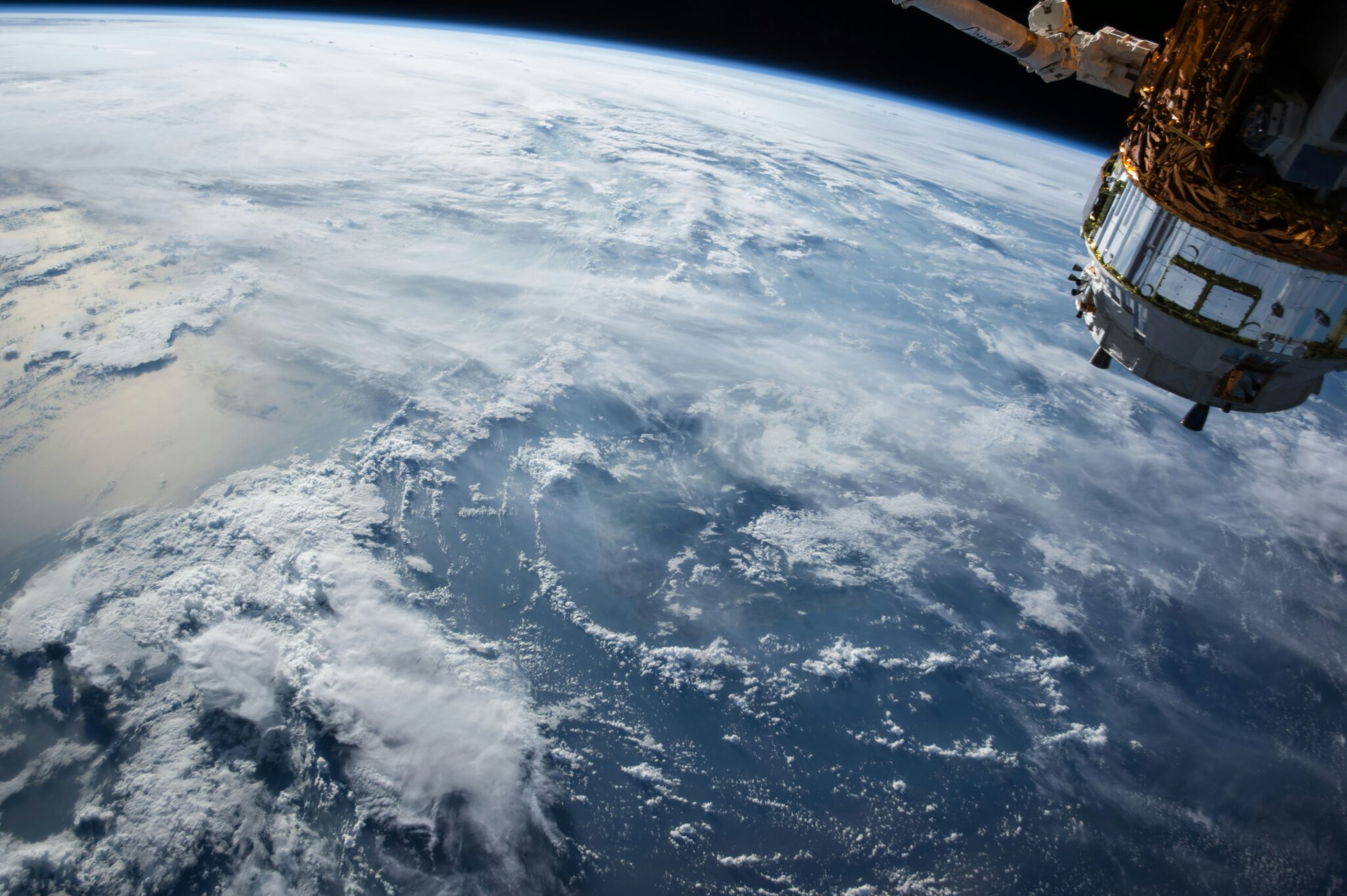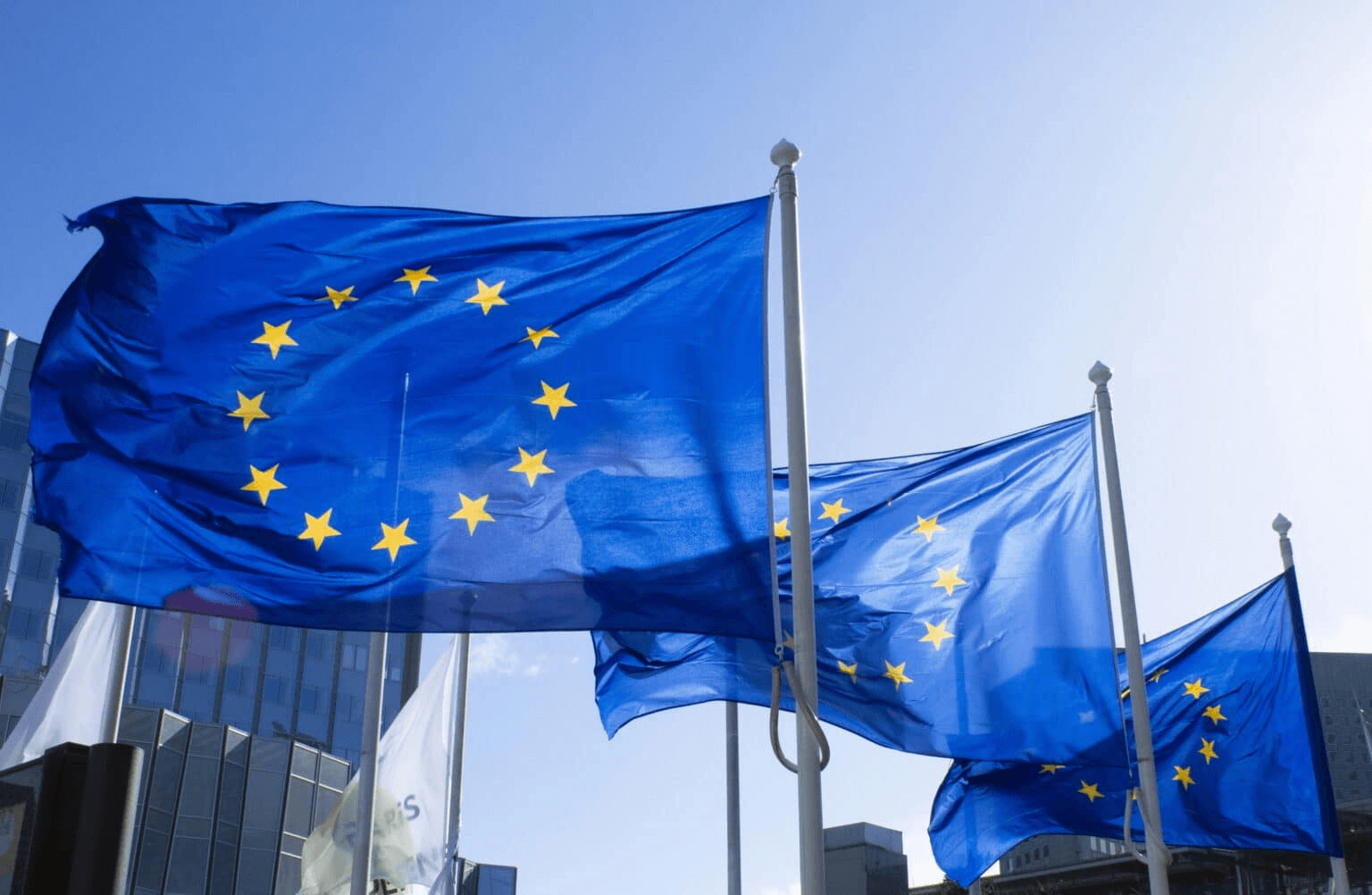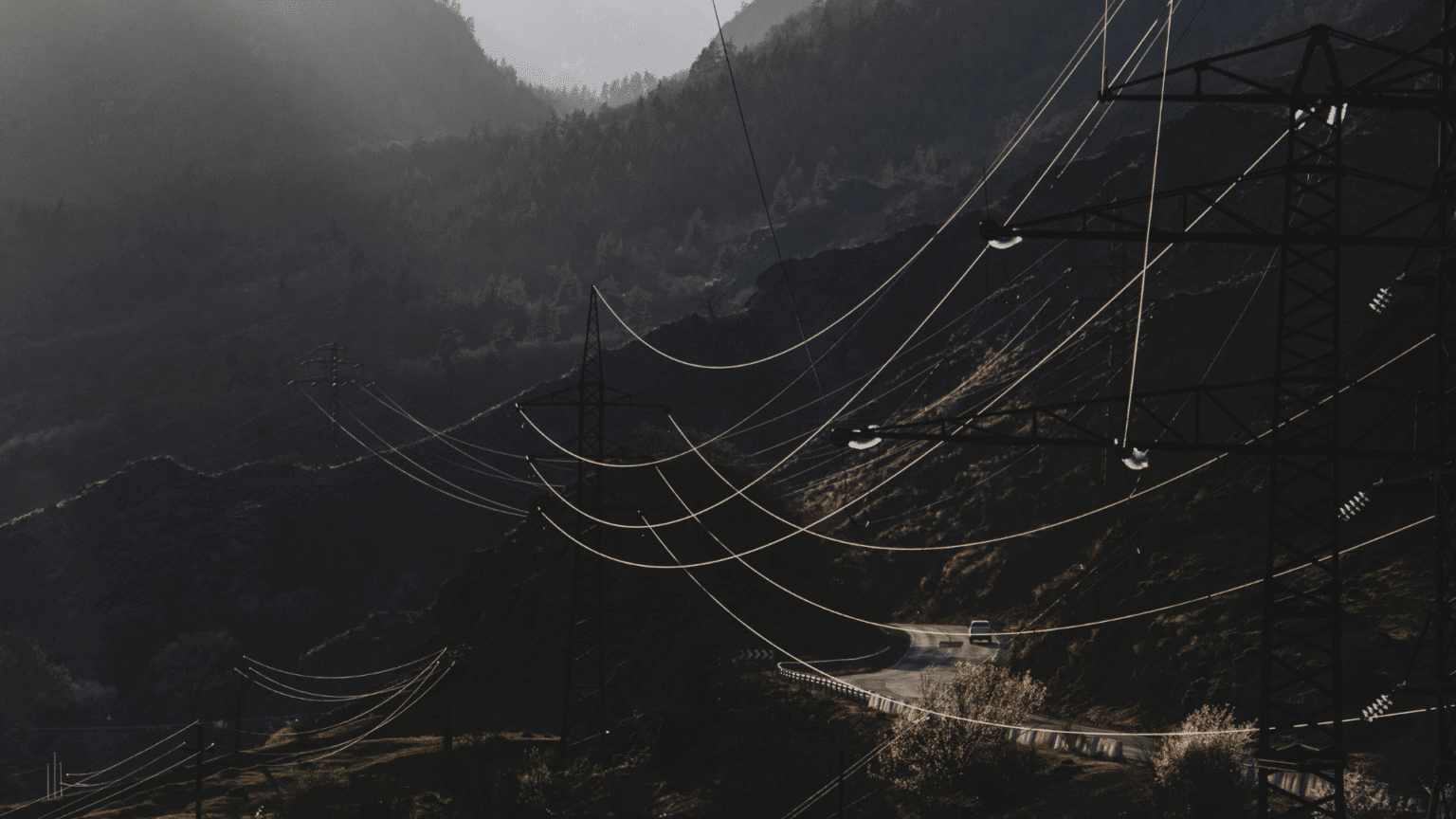Gas supply: how has the concept of solidarity evolved in the EU?
Interview with FSR Research Associate Marzia Sesini

In the last three decades, the EU legislation has strived to increasingly target gas security of supply (SoS) and to promote close regional interaction in an attempt to minimize disruptions in the natural gas network. These legislative waves about SoS evolved into promoting solidarity mechanisms among Member States with an intent to converge towards a supra-national organism and a true energy union.
To this end, starting in 2010, the EU approach to energy security has moved to become more Europe-centric and has rewarded regional approaches (that is, promoting solidarity mechanisms among the Member States) over national ones.

In this interview with FSR Research Associate Marzia Sesini, she explains why, in an increasingly interconnected EU energy market and system, the role of solidarity measures with an insurance value over unexpected events deserves further attention.
Referring to the work for her paper, she also explains the need for more pressing quantitative-based approaches to evaluate policies and their outcome, finding ways to include them more and more in modeling methods and frameworks.
How have you addressed solidarity in your research?
The way I have addressed the idea of measuring solidarity is by creating a stochastic optimization model to study strategic storage in mitigating the ripple effect of gas disruptions from major EU importers, with strategic gas storage, representing a solidarity measure, used in a coordinated fashion among EU regional risk groups during gas system black swan events.
According to the study, if no solidarity measures are in place, demand will go unfulfilled at some point within the first nine days of the emergency, depending on the investigated scenario. Conversely, when storage-based solidarity is in place, no demand is unmet for up to two consecutive weeks. In addition, solidarity among Member States reduces up to 70% in liquefied natural gas costs and up to 15% in total system costs the effects of supply shocks relative to a reference scenario.
What is the role of natural gas storage in securing energy?
In the current scenario, where source diversification is constrained and stable over time, gas storage might develop into a critical resource for the EU natural gas market. As we are witnessing, storage is crucial for managing the risk of supply interruptions, providing the flexibility to smooth seasonal and intraday fluctuations in gas demand, ensuring market liquidity to provide reliable price signals, maximizing network efficiency (storage plants are located closer to consumption areas than production/import areas), and providing the flexible backup capacity required in a system with a rising proportion of variable renewable energy. As a result, natural gas storage helps the overall efficiency of the energy market while also efficiently meeting the security of supply requirements.
Why concentrate on studying natural gas storage?
Although in the 2016 Security Package and subsequent Regulation 2017/1938, gas storage had been identified as a possible supply-side measure to support the EU security of supply, it has been chiefly an overlooked alternative until today, which is why I decided to concentrate on its potential. The Energy Platform’s proposal in the EU’s recent plan for saving energy, producing clean energy, and diversifying energy supply, known as REPowerEU, supports an optimized and transparent use of storage showing how structural the role of natural gas storage within the natural gas network is still considered.
In the research I have conducted over the past years, I have focused on unveiling the economic potential of coordinated use of strategic storage among EU Member States in case of black swan events, as it increases infrastructure flexibility and it is an essential help in mitigating the impact of energy crises. To do so, I have created a new framework extending supply chain resilience methods to the gas network.
Results from my work highlight the cost-effectiveness achieved with strategic storage coordination in the EU gas network in securing energy for the system in an emergency. A significant gas import loss (up to 80%) in various points of the gas network could lead to an increase in total system costs (up to +76%) when no coordinates use of gas reserve is in place, compared with a -30% in total system costs and a -60% in liquefied natural gas costs, when in use. This shows how natural gas strategic storage reliability and insurance value mitigate supply disruptions and significantly reduce system costs.
What are the key takeaways from your research on solidarity measures and coordination among Member States?
The research has demonstrated how solidarity is significantly cost-effective during those events where political intervention is key and where spikes in gas prices together with a restricted gas supply will have an impact on final consumers’ access to natural gas. Not only that, but according to the findings of my research, solidarity among Member States during supply/demand crises improves network resilience, leading to a longer survival time to the crisis for the affected regions. Finally, there is a strong interplay between liquefied natural gas and natural gas storage during emergencies. When volumes of LNG are available less storage is used and vice-versa, with a repercussion also on cost reduction.
In an increasingly interconnected EU energy market and system, the role of strategic gas storage and solidarity is gaining attention in the path toward establishing an energy union. A step forward in this direction is new on gas storage (Regulation (EU) 2022/1032), ensuring that natural gas storage cavities are fully filled by the start of the winter season (i.e., filling targets and trajectories) and that natural gas storage volumes can be shared between Member States in a spirit of solidarity (i.e., burden sharing principles) and enhancing the architecture of natural gas SoS.
The results mentioned can be found here:
- Marzia Sesini, Sara Giarola, Adam D. Hawkes “Solidarity measures: Assessment of strategic gas storage on EU regional risk groups natural gas supply resilience” Applied Energy, Volume 308, 2022, 118356, ISSN 0306-2619, https://doi.org/10.1016/j.apenergy.2021.118356. Available here
- Marzia Sesini, Sara Giarola, Adam D. Hawkes “Strategic natural gas storage coordination among EU member states in response to disruption in the trans-Austria gas pipeline: A stochastic approach to solidarity”, Energy, Volume 235, 2021, 121426, ISSN 0360-5442, https://doi.org/10.1016/j.energy.2021.121426. Available here.
Don’t miss any update on this topic
Sign up for free and access the latest publications and insights







